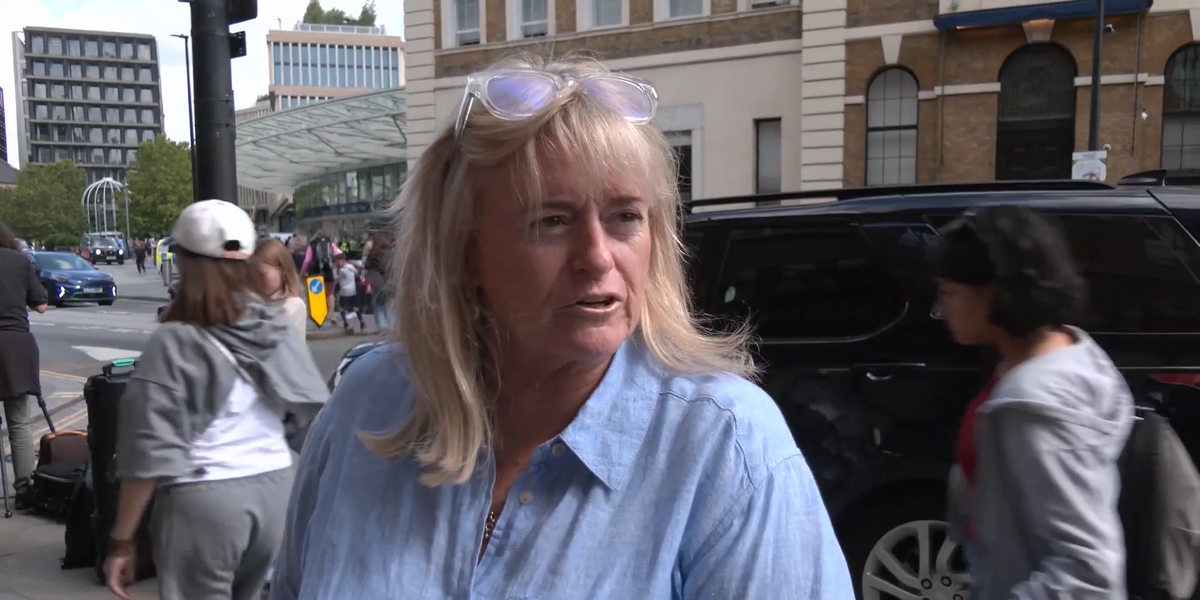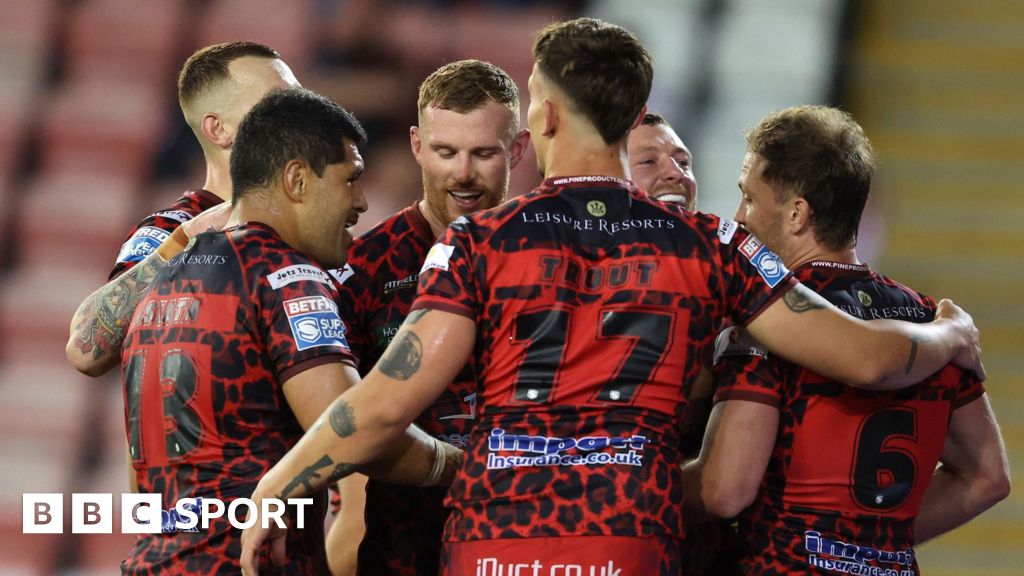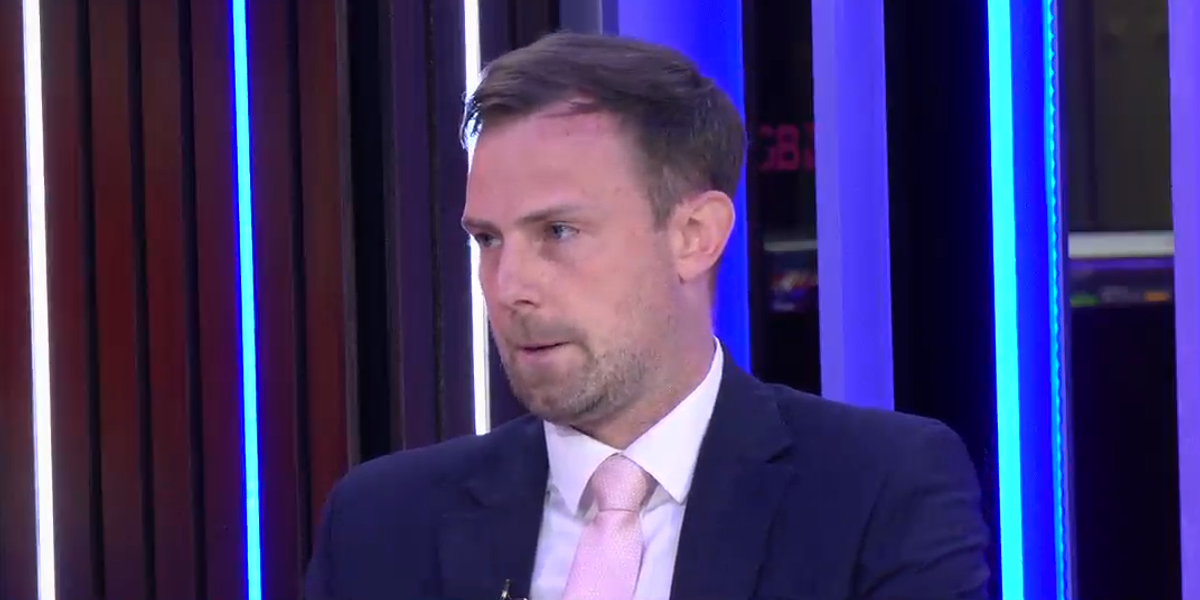The Nottingham Attacks dominated the news on June 13, 2022, and hung over the summer.
The city is not unfamiliar to violence but the scale and severity playing out on the streets were unexpected.
When the news first broke, news agencies scrambled for information. Terrorism? Gang crime? Murder? Undoubtedly horror.
At Nottingham Crown Court, now in the depths of winter, the media’s lens refocuses on Valdo Calocane’s crimes.
GB News’ Will Hollis outside Nottingham Crown Court
GB News
On the steps outside, a huddle of waterproof cloaked cameras; their operators have come from all corners of the country.
Inside, there was not a single bit of spare space for the many loitering members of the press.
In parallel, friends of university students Barnaby and Grace, line the corridor leading to Courtroom 1. They couldn’t possibly be anywhere else.
The city is a haven for the country’s youth. Nightlife, sport, shopping. Nottingham is idyllic.
It has proven to also be deadly.
News of the killings is a nightmare to any parent across the country or world.
It tore through the city, breaking its collective heart and perforating the soul. It is still healing.
GB News’ Will Hollis reporting outside Nottingham Crown Court
GB News
School caretaker Ian Coates, a keen Nottingham Forest fan and fisherman, could have been anyone’s father. A representation of the county’s kindness.
For weeks after the attacks, a banner reading “One city. Nottingham together” covered the Council House in Old Market Square. A reassuring message on the city’s most recognisable building at a time of despair.
Court cases are often tense. Families are upset and angry. Calocane’s sentencing was calmer than much of the hearing where sobbing and occasional outbursts were common.
Hospital for the man whose mental illness is attributed as the cause of his crimes. Calocane’s schizophrenia means he will never see a prison cell.
Nottingham attacks: Behind the media’s lens
GB News
On the steps to the court, journalists wait tentatively to see if the families will speak.
Tufts of fluffy microphones form a semi-circle around the entrance.
The police press officer alerted journalists that the families had prepared a statement. One for each life lost.
In the front: parents, brothers, and sons. Behind: friends and extended family. On many, a yellow lapel in memory of the victims.
Stepping closer to the microphone. Recording.
Calocane’s crimes are not forgiven, they say. His acts inexcusable despite his illness. Services, they say, have failed them. Justice has failed them.
The families have been comforting each other since the attacks, brought together in a way that only hurting can make possible.
Walking away, they climb into the minibuses that have brought them to and from sentencing each day. The tragedy of Calocane’s crimes cannot be left at the court.
They carry it. Their own life sentence.










